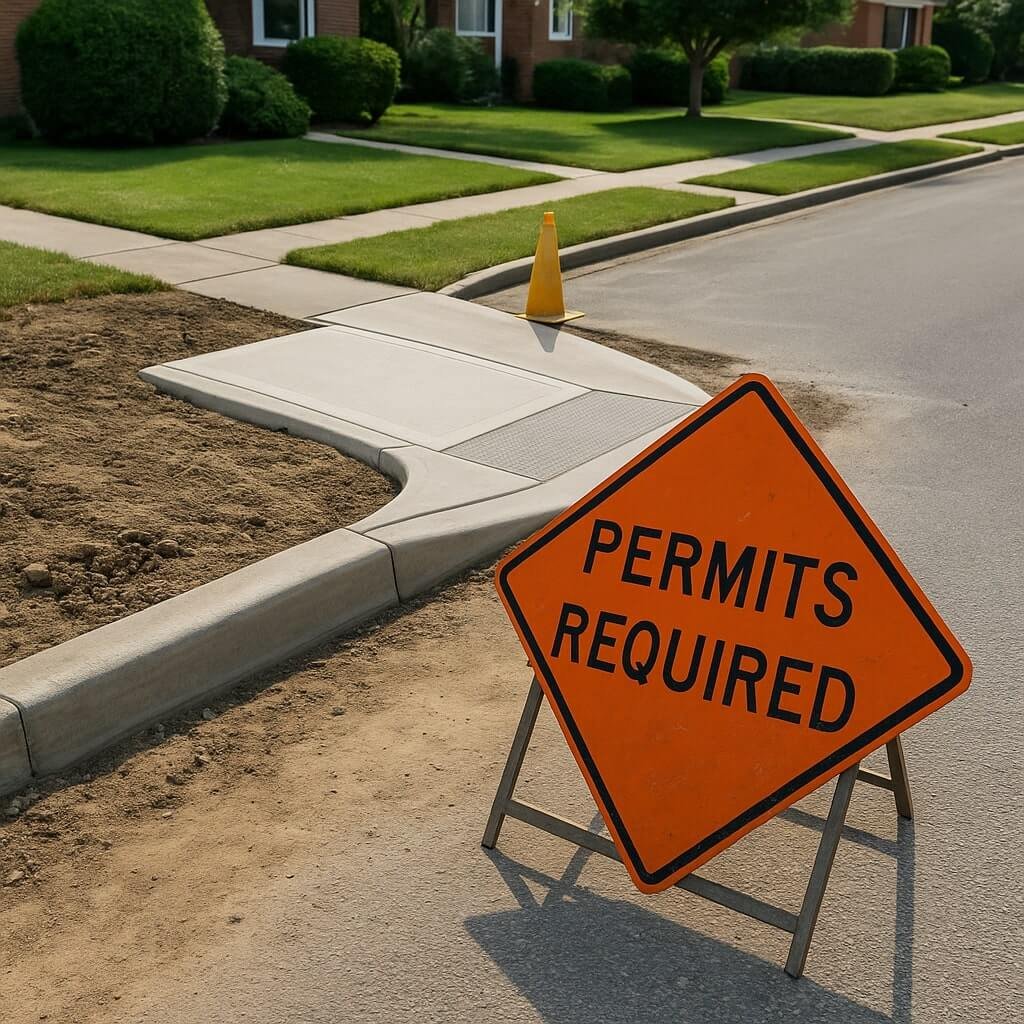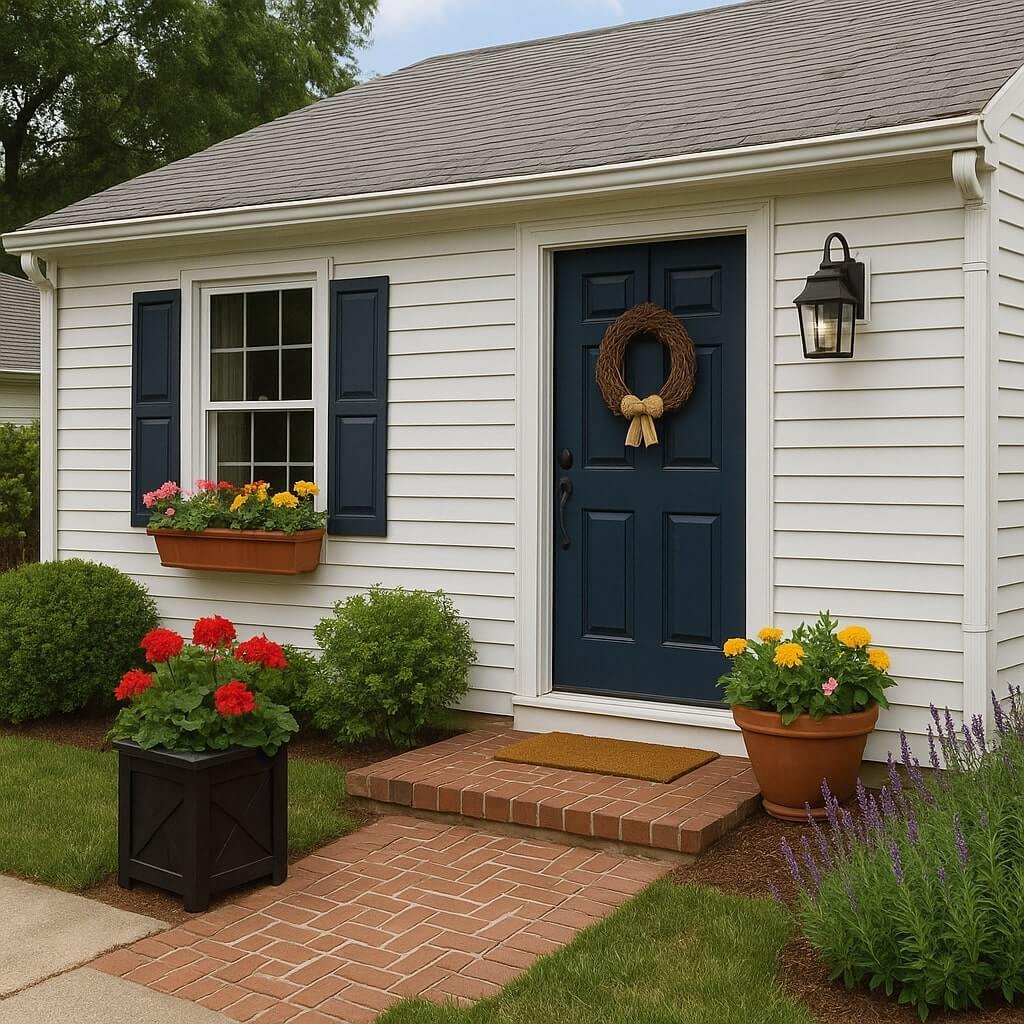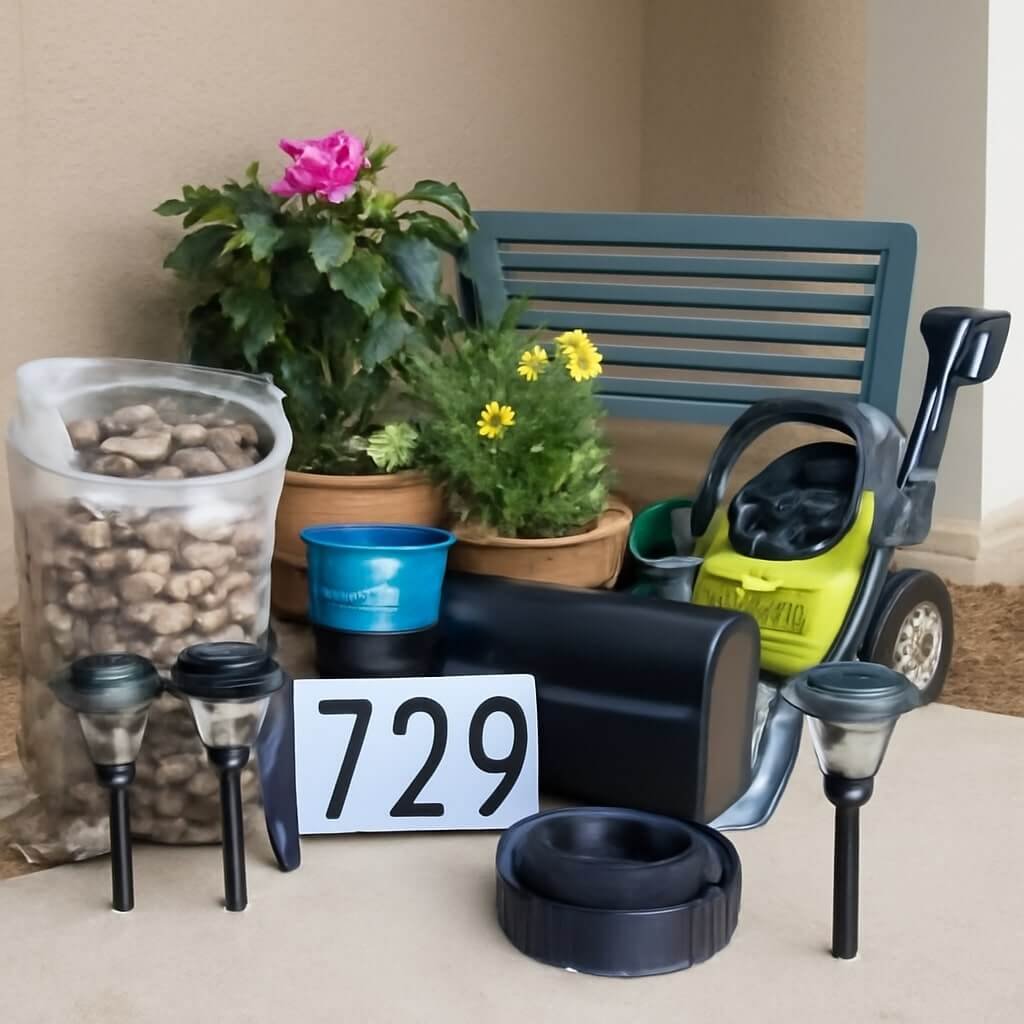Curb improvement involves any modification, repair, or enhancement to the curbing or sidewalk area adjacent to a property. This might include repaving, replacing, cutting, or installing new features. These projects can serve functional, aesthetic, or accessibility purposes, but they often come with specific legal and municipal considerations.
Whether you’re planning a simple update or a full curb replacement, the question remains: do you need permits for curb improvement? The short answer—often yes, depending on local ordinances.
Municipalities want to ensure that curb changes do not interfere with public utilities, right-of-way regulations, or safety requirements. Since curbs lie at the intersection of private property and public infrastructure, they are highly regulated in most cities.
What Qualifies as a Curb Improvement Project?
Before you pick up a shovel, it’s important to understand what counts as a curb improvement. While definitions may vary slightly by municipality, curb improvement generally includes:
- Curb cuts (removing a section for a driveway or accessibility ramp)
- Resurfacing or replacing concrete curbs
- Installing curb ramps for ADA compliance
- Sidewalk repair or extension
- Driveway apron installation
If your project impacts drainage, pedestrian flow, or vehicle access, it likely falls under this category and requires a permit.
Why Permits Might Be Required
Permits aren’t just bureaucratic red tape—they ensure your curb work adheres to local safety standards and doesn’t obstruct utilities or violate zoning laws.
Legal Implications of Unpermitted Work
Doing work without a permit can lead to:
- Fines or penalties
- Forced removal of the completed work
- Insurance issues, especially if an injury occurs
- Problems during property sales or refinancing
Property Line and Public Access Considerations
Curbs lie in the public right-of-way, even if they’re adjacent to your property. That means your local government has jurisdiction over the area. Improvements can’t block access, interfere with drainage, or create hazards.
Common Types of Curb Improvements
Driveway Aprons and Access Ramps
Installing or altering a driveway apron typically requires a permit. These transitions between the street and your driveway must meet specific slope and width regulations.
Sidewalk Extensions and Modifications
Modifying the sidewalk as part of a curb project may require multiple permits. Cities often have strict rules for sidewalk grading, ADA compliance, and material standards.
Adding Curb Cuts for Accessibility
If you’re creating a curb cut for wheelchair access or vehicle entry, permits are usually mandatory. ADA standards must be followed precisely to ensure safe access.
Who Issues Curb Improvement Permits?
City vs County Responsibilities
Permit jurisdiction depends on your location. In urban areas, your city’s Public Works or Building Department typically handles curb permits. In rural or unincorporated zones, the county may be responsible.
Contacting the Right Department
Search your city or county website using terms like:
- “Curb improvement permit”
- “Right-of-way permit”
- “Public works department”
Still unsure? Call your local building department—they can guide you through the correct process.
Steps to Obtain a Permit for Curb Work
Application Process Explained
Typically, you’ll need to:
- Submit a detailed application online or in person
- Include site plans or drawings of the proposed work
- Get approval from city engineers or inspectors
Fees and Documentation You’ll Need
Expect to provide:
- Property ownership proof
- Contractor license info
- Detailed drawings or specs
- Application fee ($50–$300+, depending on location)
Timeline and Approval Process
Approval may take 1–4 weeks, depending on:
- Project complexity
- Inspection schedules
- Department workload
Some cities offer expedited reviews—for an extra fee.
When You Don’t Need a Permit
Not all curb work requires a permit. You may be exempt if:
- You’re performing minor repairs (e.g., filling cracks)
- You’re cleaning, not modifying, the structure
- The work is entirely on private property, with no effect on the public sidewalk or road
Still, it’s wise to verify with your local authorities before starting any project.
DIY vs Hiring a Contractor
Licensed Contractors and Compliance
A licensed contractor will:
- Know if a permit is needed
- Ensure ADA, slope, and drainage compliance
- Handle inspections and approvals
Hiring pros might seem expensive, but it can prevent costly rework or legal trouble later.
Costs Associated with Curb Improvements
Costs vary depending on:
- Location
- Materials
- Labor
- Permit fees
On average, expect:
| Improvement Type | Average Cost |
|---|---|
| Curb Cut | $1,200–$2,500 |
| Driveway Apron | $1,000–$1,800 |
| Curb Replacement | $800–$1,500 |
| Permit Fee | $50–$300 |
Permits and Home Value
Properly permitted curb work can boost curb appeal and property value, especially when adding driveways or enhancing accessibility.
Unpermitted work, by contrast, can reduce buyer confidence and delay sales.
Real-Life Examples of Permit Issues
- A Los Angeles homeowner was forced to remove a $3,000 curb cut after failing to secure a permit.
- In Chicago, an unpermitted sidewalk expansion led to flooding issues and a city fine.
Always check with your local department before breaking ground.
Common Mistakes and How to Avoid Them
- Skipping the permit to save time
- Hiring unlicensed contractors
- Misjudging property boundaries
- Assuming HOAs issue permits (they don’t—they can only grant approvals)
Avoid these by doing your homework and following local regulations.
FAQs
1. Do all cities require permits for curb improvements?
No, but most do. Check your city’s regulations before starting any curb-related project.
2. How long does it take to get a permit?
Typically 1 to 4 weeks, depending on project complexity and city workload.
3. Can I do curb work myself without a contractor?
Yes, but only if local law allows and you’re confident in your compliance with codes.
4. Are curb ramps for accessibility required by law?
If they impact public access, yes—ADA compliance is mandatory.
5. What happens if I build a curb cut without a permit?
You risk fines, forced removal, and issues with future inspections or sales.
6. Can my HOA approve curb improvements instead of the city?
No. HOAs can only approve aesthetic aspects. The city still requires a permit.
Conclusion
So, do you need permits for curb improvement? In most cases, yes. Any project that affects public access, sidewalks, or the right-of-way is likely subject to city or county regulations. By understanding what qualifies as curb improvement and how to navigate the permit process, you’ll avoid costly mistakes and ensure your project is safe, legal, and long-lasting.




